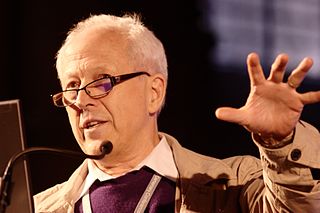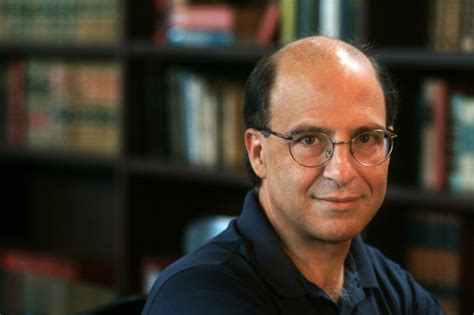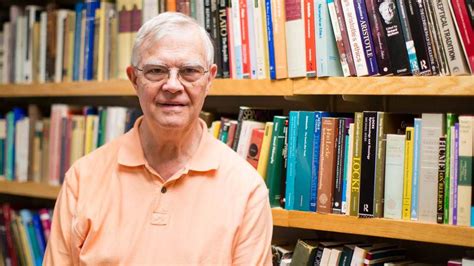A Quote by George F. R. Ellis
You can only exclude it on philosophical grounds. In my view there is absolutely nothing wrong in that. What I want to bring into the open is the fact that we are using philosophical criteria in choosing our models. A lot of cosmology tries to hide that.
Related Quotes
On scientific grounds this big bang assumption is much less the palatable of the two. For it is an irrational process that cannot be described in scientific terms. . . . On philosophical grounds too I cannot see any good reason for preferring the big bang idea. Indeed it seems to me in the philosophical sense to be a distinctly unsatisfactory notion, since it puts the basic assumption out of sight where it can never be challenged by a direct appeal to observation.
If there is such a thing as philosophical progress, then why - unlike scientific progress - is it so invisible? Philosophical progress is invisible because it is incorporated into our points of view. What was torturously secured by complex argument comes widely shared intuition, so obvious that we forget its provenance.
Philosophical argument, trying to get someone to believe something whether he wants to believe it or not, is not, I have held, a nice way to behave towards someone; also it does not fit the original motivation for studying or entering philosophy. That motivation is puzzlement, curiousity, a desire to understand, not a desire to produce uniformity of belief. Most people do not want to become thought-police. The philosophical goal of explanation rather than proof not only is morally better, it is more in accord with one's philosophical motivation.
I would say I was a philosophical boy. Thoughts about 'identical stones' are the earliest philosophical thoughts I remember. But when I was a teenager I also thought about the more typical philosophical problems teenagers think about: the existence of god, the objectivity of morality, whether one can know that the external world exists.
My first degree was in mathematics. That was great, but it didn't help with many of the things that puzzled me. I became a philosopher because I wanted to understand everything, especially those things that didn't make sense. And that has continued to be my philosophical motivation. That's one reason I have such a roving philosophical eye - once I have figured out a philosophical topic to my satisfaction, I find myself moving on to new problems.
Teaching Plato in Palestine shows how philosophical thinking can illuminate important topics-in particular, the problem of finding ways to engage people with opposed ideologies in fruitful debate. The lively narratives, based on the author's experiences of working with various groups interested in using philosophical tools to clarify their thought and action, will engage a wide range of readers.
Paul Davies takes us on a logically and rhetorically compelling modern search for human agency. This outstanding analysis, well informed by naturalistic views of our evolved affective nature, is the kind of philosophical work that is essential for a field to move forward when ever-increasing findings from modern science are inconsistent with traditional philosophical arguments. This book is for all who wish to immerse themselves in the modern search for free will. It is steeped in the rich liqueur of current scientific and philosophical perspectives and delusions.
Logical investigations can obviously be a useful tool for philosophy. They must, however, be informed by a sensitivity to the philosophical significance of the formalism and by a generous admixture of common sense, as well as a thorough understanding both of the basic concepts and of the technical details of the formal material used. It should not be supposed that the formalism can grind out philosophical results in a manner beyond the capacity of ordinary philosophical reasoning. There is no mathematical substitute for philosophy.
In elaborating how "philosophy by showing" works, and in defending the idea that literature and music can contribute to philosophical "showing", I am also doing something more standardly philosophical. But I view most of the book as an interweaving of philosophy and literary criticism. If that entails a broadening of a standard idea of philosophy, it's a broadening I'd like to see happen.


































